January 26 stands as one of history’s most eventful days, witnessing the rise and fall of empires, groundbreaking discoveries, and moments that shaped our modern world across centuries of human achievement.
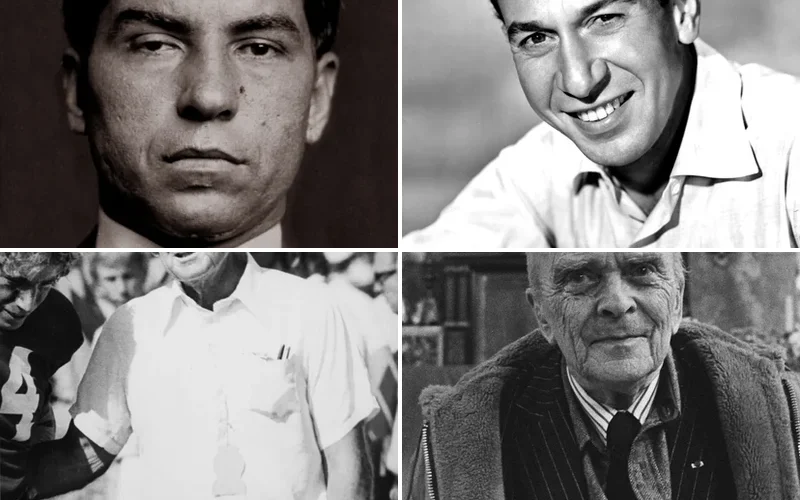
Politics and Government Events on January 26
1950 – The Constitution of India Comes Into Force
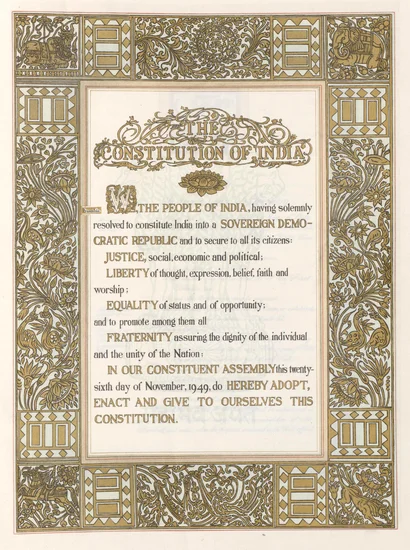
The Constitution of India officially came into force on this historic day, transforming the nation into a republic. Rajendra Prasad was sworn in as the first President of India in a ceremony that marked the end of British colonial rule.
This momentous occasion established India as a sovereign democratic republic with its own constitution. The day is now celebrated annually as Republic Day, one of India’s most important national holidays.
1930 – Indian National Congress Declares Independence Day
The Indian National Congress made a bold declaration on this date, proclaiming January 26 as Independence Day or Poorna Swaraj (“Complete Independence”). This symbolic act occurred seventeen years before actual independence was achieved.
The declaration represented a crucial turning point in India’s struggle for freedom from British rule. Congress leaders used this date to galvanize public support for complete independence rather than dominion status.
1934 – German-Polish Non-Aggression Pact Signed
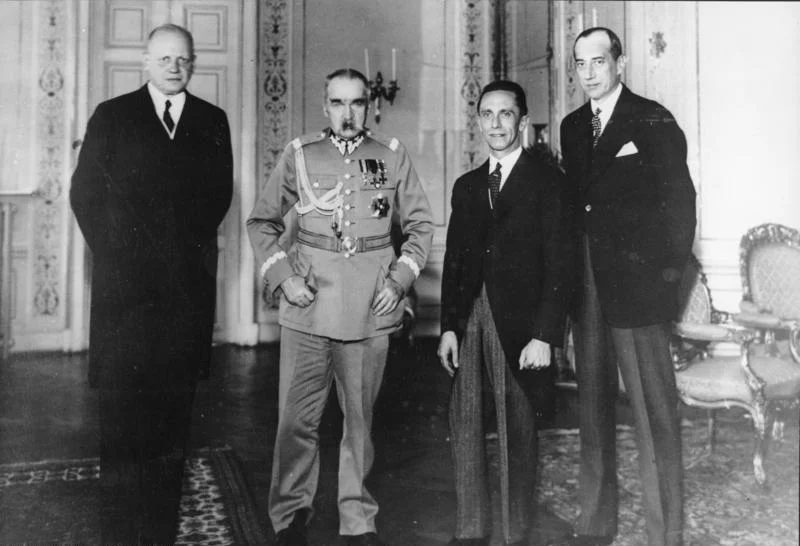
Nazi Germany and Poland signed a declaration of non-aggression on this date, temporarily easing tensions between the two nations. The diplomatic agreement promised ten years of peaceful relations between the neighboring countries.
This pact proved to be a temporary measure that would be dramatically broken just five years later. The agreement allowed both nations to focus on other international concerns while maintaining an uneasy peace.
1986 – Ugandan Government Overthrown
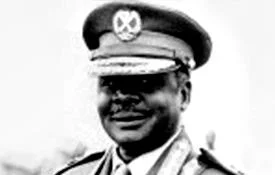
The Ugandan government of Tito Okello was overthrown by the National Resistance Army, led by Yoweri Museveni. This military victory marked the end of a brutal civil war that had devastated the East African nation.
Museveni’s successful coup brought hope for stability after years of political chaos and violence. The new leadership promised democratic reforms and economic recovery for the war-torn country.
1991 – Somali Government Collapses
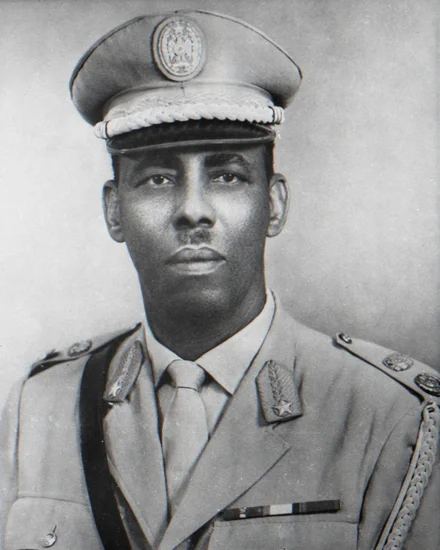
Mohamed Siad Barre was removed from power in Somalia, ending centralized government and being succeeded by Ali Mahdi. This dramatic political change marked the beginning of Somalia’s descent into prolonged civil war and instability.
The collapse of the central government created a power vacuum that would plague Somalia for decades. Various factions and warlords began competing for control of different regions across the country.
1998 – Clinton Denies Lewinsky Affair
President Bill Clinton appeared on American television to deny having “sexual relations” with former White House intern Monica Lewinsky. This public denial became one of the most scrutinized statements in American political history.
The president’s televised denial sparked a major political scandal that would dominate American politics for months. Clinton’s carefully worded statement would later become central to impeachment proceedings against him.
Military and Naval History on January 26
1918 – Finnish Civil War Begins
A group of Red Guards hung a red lantern atop the tower of Helsinki Workers’ Hall to symbolically mark the start of the Finnish Civil War. This dramatic gesture signaled the beginning of a brutal conflict that would tear the newly independent nation apart.
The red lantern became an iconic symbol of revolutionary fervor in Finland’s struggle for political control. The civil war would pit the socialist “Reds” against the conservative “Whites” in a devastating internal conflict.
1939 – Franco Takes Barcelona
Troops loyal to nationalist General Francisco Franco and aided by Italy successfully captured Barcelona during the Spanish Civil War’s Catalonia Offensive. This victory marked a decisive turning point in the brutal conflict that had ravaged Spain.
The fall of Barcelona dealt a crushing blow to the Spanish Republic’s remaining strongholds. Franco’s forces, supported by Italian military assistance, had gained control of one of Spain’s most important cities.
1942 – First US Forces Arrive in Europe
The first United States forces arrived in Europe during World War II, landing in Northern Ireland. This historic deployment marked America’s initial military presence on the European continent following Pearl Harbor.
The arrival of American troops in Northern Ireland represented a crucial step in building Allied strength for the eventual invasion of Nazi-occupied Europe. These forces would serve as the foundation for America’s massive military buildup in Britain.
1945 – Audie Murphy’s Heroic Action
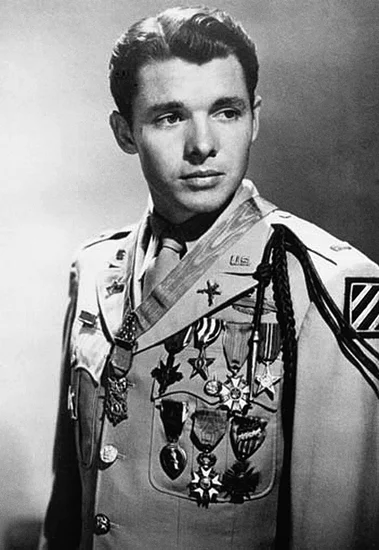
Audie Murphy displayed extraordinary valor and bravery in action during World War II, performing heroic deeds that would later earn him the Medal of Honor. His courageous actions on this date became legendary in American military history.
Murphy’s incredible bravery under fire exemplified the heroism of American soldiers during the war’s final months. His actions on this day contributed to his status as America’s most decorated soldier of World War II.
Science and Discovery Milestones on January 26
1905 – Cullinan Diamond Discovered

The world’s largest diamond ever found, the Cullinan, weighing 3,106.75 carats, was discovered at the Premier Mine near Pretoria in South Africa. This massive gem would eventually be cut into several smaller diamonds for the British Crown Jewels.
The discovery of the Cullinan diamond created international sensation and demonstrated South Africa’s enormous mineral wealth. The stone’s exceptional size and quality made it one of the most valuable discoveries in mining history.
1926 – First Television Demonstration
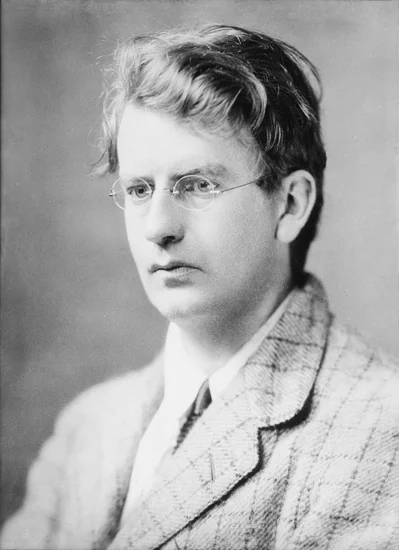
John Logie Baird conducted the first public demonstration of television technology on this historic date. His groundbreaking presentation marked the beginning of the television age and revolutionized global communications.
Baird’s demonstration proved that moving images could be transmitted electronically across distances. This technological breakthrough would eventually transform entertainment, news, and education worldwide.
1949 – Hale Telescope First Light

The Hale Telescope at Palomar Observatory saw first light under the direction of Edwin Hubble, becoming the largest aperture optical telescope until BTA-6 was built in 1976. This powerful instrument revolutionized astronomical observation and discovery.
The telescope’s unprecedented size and precision opened new frontiers in space exploration and cosmic understanding. Hubble’s leadership ensured that the instrument would make groundbreaking contributions to astronomy for decades.
1962 – Ranger 3 Moon Mission Launched
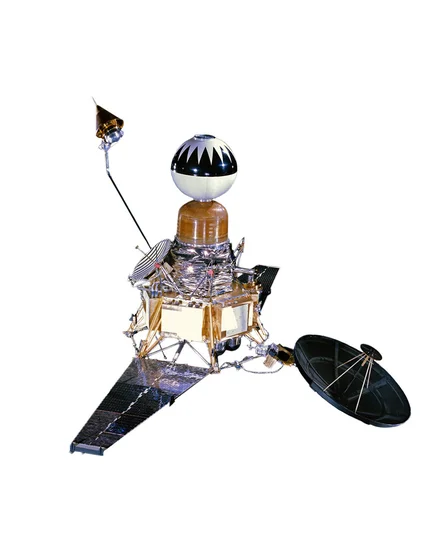
Ranger 3 was launched to study the Moon but later missed its target by 22,000 miles. Despite the navigation error, the mission provided valuable data about space travel and lunar exploration techniques.
The mission’s failure taught NASA important lessons about precision navigation in space exploration. These insights would prove crucial for the success of future lunar missions and the eventual Apollo program.
Cultural and Arts Events on January 26
1934 – Apollo Theater Reopens

The legendary Apollo Theater reopened its doors in Harlem, New York City, beginning a new chapter in American entertainment history. This iconic venue would become the premier showcase for African American talent and culture.
The Apollo’s reopening marked the start of its golden age as America’s most important showcase for Black performers. The theater would launch countless careers and become a cultural landmark in American music history.
1915 – Rocky Mountain National Park Established

The Rocky Mountain National Park was officially established by an act of the U.S. Congress. This legislation protected one of America’s most spectacular mountain wilderness areas for future generations.
The park’s creation represented a major victory for the American conservation movement. Congress recognized the need to preserve these pristine alpine landscapes and diverse ecosystems for public enjoyment and scientific study.
Religious and Social Events on January 26
1952 – Black Saturday in Egypt
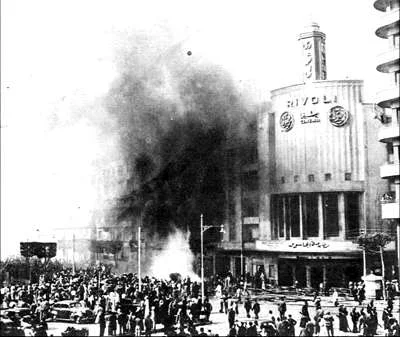
Rioters burned Cairo’s central business district in an event known as Black Saturday, specifically targeting British and upper-class Egyptian businesses. This violent uprising reflected growing anti-colonial sentiment and social tensions in Egypt.
The riots marked a turning point in Egyptian politics and accelerated the end of British influence in the region. The destruction of Cairo’s business district demonstrated the depth of popular anger against foreign control.
2009 – Madagascar Political Crisis Begins
Rioting broke out in Antananarivo, Madagascar, sparking a political crisis that would result in the replacement of President Marc Ravalomanana with Andry Rajoelina. The violent protests reflected deep political divisions and economic frustrations.
The crisis would plunge Madagascar into months of political instability and international isolation. The events marked a significant setback for democratic governance in the island nation.
2021 – Red Fort Stormed in Delhi
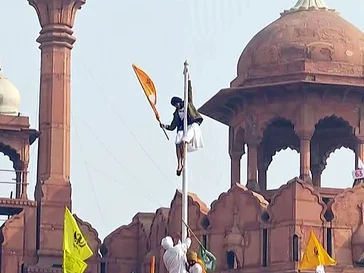
Protesters and farmers stormed the historic Red Fort near Delhi, clashing with police in violent confrontations. One protester was killed and more than 80 police officers were injured during the dramatic breach of the Mughal fortress.
The assault on the Red Fort represented a dramatic escalation in ongoing farmer protests against agricultural reforms. The symbolic significance of the historic site made the breach particularly shocking to the Indian public.
Business and Economic Events on January 26
1959 – Chain Island Listed for Sale
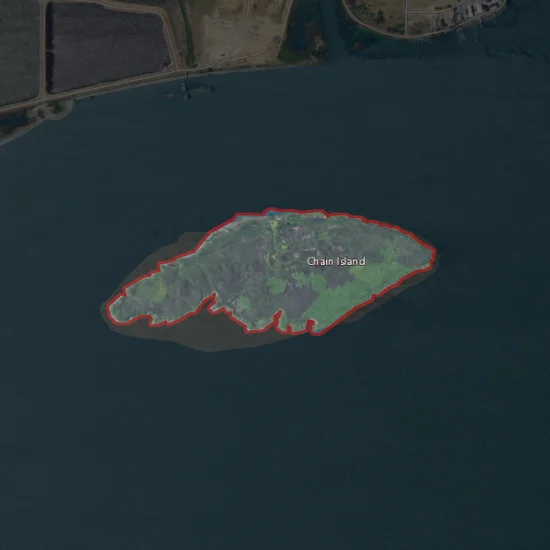
The 41-acre Chain Island was listed for sale by the California State Lands Commission with a minimum bid of $5,226. This unusual real estate transaction highlighted the state’s efforts to manage its coastal properties and generate revenue.
The island’s sale represented an early example of government land privatization in California. The relatively modest asking price reflected the challenges of developing and maintaining private island properties.
2009 – Octuplets Born

Nadya Suleman gave birth to the world’s first surviving octuplets, creating international media sensation and raising questions about fertility treatments. The unprecedented multiple birth challenged medical ethics and sparked global debate about reproductive technology.
The octuplets’ birth generated enormous medical and financial challenges for the family and healthcare system. The case highlighted the complex ethical issues surrounding assisted reproductive technology and multiple pregnancies.
Transportation and Infrastructure on January 26
1972 – JAT Flight 367 Bombing

JAT Flight 367 was destroyed by a terrorist bomb, killing 27 of the 28 people aboard the DC-9 aircraft. Flight attendant Vesna Vulović miraculously survived with critical injuries, later setting a world record for surviving the highest fall without a parachute.
The bombing shocked the international aviation community and highlighted the growing threat of terrorism to commercial aviation. Vulović’s survival became one of the most remarkable rescue stories in aviation history.
2020 – Kobe Bryant Helicopter Crash
A Sikorsky S-76B helicopter crashed in Calabasas, 30 miles west of Los Angeles, killing all nine people on board including NBA legend Kobe Bryant and his daughter Gianna. The tragic accident shocked the sports world and millions of fans globally.
The crash devastated the basketball community and sparked widespread mourning across the United States. Bryant’s death marked the end of one of the most celebrated careers in professional sports history.
2015 – Spanish Air Base Crash

An aircraft crashed at Los Llanos Air Base in Albacete, Spain, killing 11 people and injuring 21 others. The military aviation accident highlighted ongoing safety concerns at air force installations worldwide.
The crash prompted investigations into military aviation safety protocols and aircraft maintenance procedures. Spanish authorities launched comprehensive reviews of air force operations and training programs.
Sports and Recreation on January 26
1950 – Soviet Territory Returned to Finland
The Soviet Union ceded the strategically important Porkkala naval base back to Finland, ending a period of forced lease that had lasted since World War II. This territorial return marked an important step in Finnish-Soviet relations during the Cold War.
The return of Porkkala demonstrated the Soviet Union’s willingness to normalize relations with neutral Finland. The gesture helped establish Finland’s unique position as a neutral nation between East and West.
2001 – Gujarat Earthquake Strikes
A devastating 7.7 magnitude earthquake shook Western India, leaving between 13,805 and 20,023 people dead and approximately 166,800 injured. The massive natural disaster overwhelmed local emergency services and required international assistance.
The earthquake’s destruction highlighted India’s vulnerability to seismic activity and the need for improved building standards. The disaster prompted major reforms in earthquake preparedness and construction regulations.
2015 – Kobanî Liberated
The People’s Protection Units (YPG) recaptured the city of Kobanî from the Islamic State of Iraq and the Levant (ISIL), marking a crucial turning point in the Siege of Kobanî. This victory demonstrated the effectiveness of Kurdish resistance against ISIS forces.
The liberation of Kobanî became a symbol of successful resistance against ISIS expansion in Syria. The victory boosted Kurdish morale and provided a strategic foothold for future operations against the terrorist organization.
Notable Births on January 26
1925 – Paul Newman Born
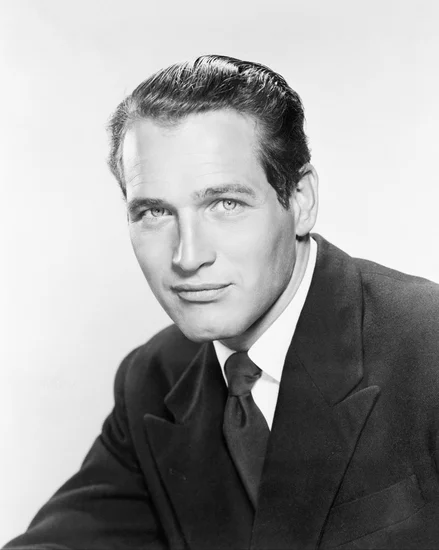
American actor Paul Newman was born on this date, beginning a life that would make him one of Hollywood’s most beloved stars. His early years in Ohio shaped his down-to-earth personality and strong work ethic.
Newman would become renowned for his piercing blue eyes and charismatic screen presence. His later philanthropic work, particularly Newman’s Own food company, would demonstrate his commitment to social causes.
1958 – Ellen DeGeneres Born

American comedian and talk show host Ellen DeGeneres was born on this date, beginning a journey that would make her one of television’s most influential personalities. Her early comedy career showcased her unique observational humor and warm personality.
DeGeneres would later become a groundbreaking advocate for LGBTQ+ rights through her public coming out. Her daytime talk show would entertain millions while promoting kindness and acceptance.
1961 – Wayne Gretzky Born

Canadian ice hockey legend Wayne Gretzky was born on this date in Brantford, Ontario. His childhood dedication to hockey and exceptional natural talent would revolutionize the sport forever.
Gretzky would become known as “The Great One” for his unmatched scoring records and hockey intelligence. His career achievements would establish him as the greatest hockey player of all time.
1925 – Joan Leslie Born
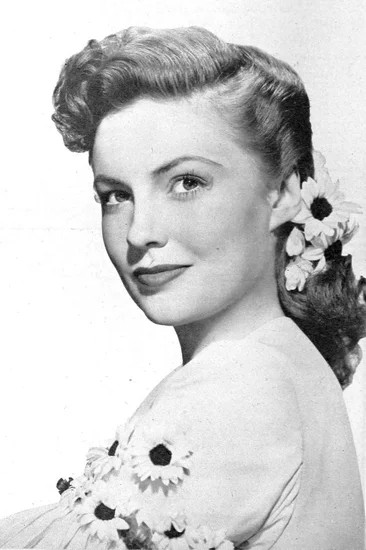
American actress Joan Leslie was born on this date, beginning a career that would make her one of Hollywood’s most recognizable stars. Her early performances showcased remarkable talent and screen presence.
Leslie would become known for her roles in classic films alongside major stars like James Cagney. Her versatility as an actress allowed her to excel in both dramatic and musical productions.
1904 – Seán MacBride Born
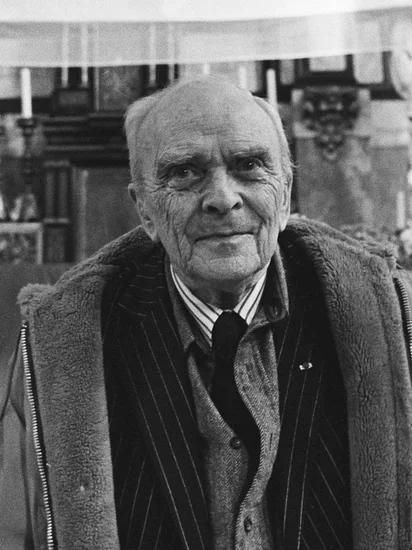
Irish lawyer and politician Seán MacBride was born on this date, beginning a life dedicated to human rights and international law. His early exposure to Irish politics shaped his commitment to justice and independence.
MacBride would later win the Nobel Peace Prize for his work on human rights. His contributions to international law and peace-building efforts earned him global recognition and respect.
1961 – José Mourinho Born

Portuguese football manager José Mourinho was born on this date, beginning a career that would revolutionize modern football tactics. His early interest in coaching and strategic thinking set him apart from his peers.
Mourinho would become known as “The Special One” for his tactical brilliance and championship success. His innovative approach to football management would influence coaches worldwide.
1908 – Stéphane Grappelli Born
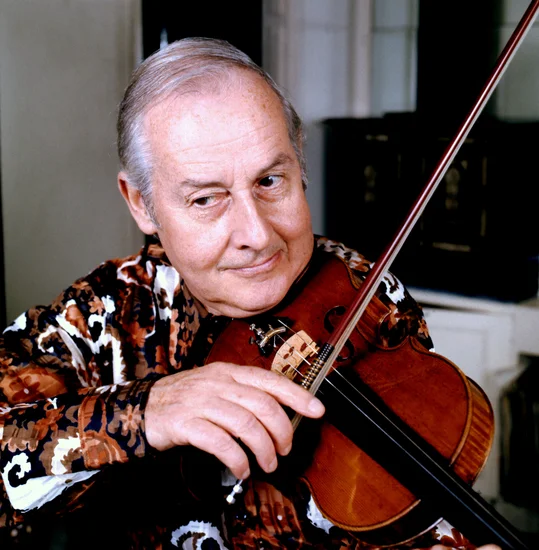
French jazz violinist Stéphane Grappelli was born on this date, beginning a musical journey that would redefine jazz violin. His early exposure to both classical and popular music shaped his unique artistic vision.
Grappelli would become one of the most influential jazz violinists in history. His collaboration with Django Reinhardt in the Quintet of the Hot Club of France created a new sound in European jazz.
1944 – Angela Davis Born
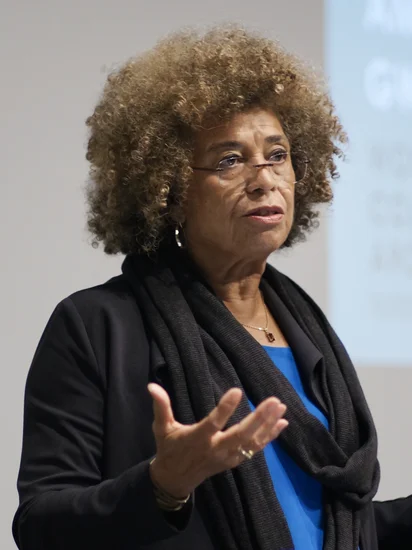
American activist and academic Angela Davis was born on this date, beginning a life dedicated to social justice and civil rights. Her early experiences with racism and discrimination shaped her commitment to equality.
Davis would become a prominent voice in the civil rights movement and women’s liberation. Her scholarly work and activism would inspire generations of social justice advocates.
1925 – Claude Ryan Born
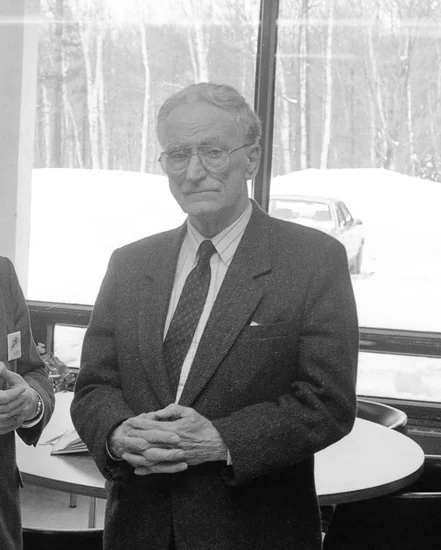
Canadian journalist and politician Claude Ryan was born on this date, beginning a career that would significantly impact Quebec politics. His early work in journalism established him as a thoughtful commentator on Canadian affairs.
Ryan would later become a key figure in Quebec’s Quiet Revolution and federalist movement. His intellectual approach to politics and commitment to Canadian unity earned him widespread respect.
Notable Deaths on January 26
2020 – Kobe Bryant Dies
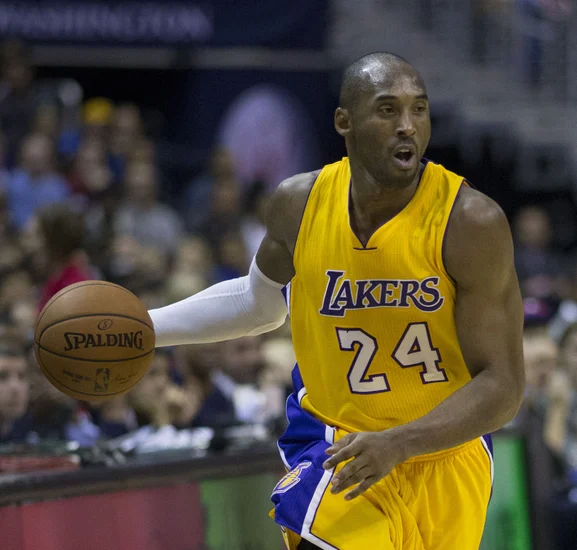
Basketball legend Kobe Bryant died tragically in a helicopter crash at age 41, shocking the sports world and millions of fans globally. His sudden death marked the end of one of the most celebrated careers in NBA history.
Bryant’s death prompted an outpouring of grief from athletes, celebrities, and fans worldwide. His legacy as a fierce competitor and devoted father continued to inspire people long after his passing.
2020 – Gianna Bryant Dies
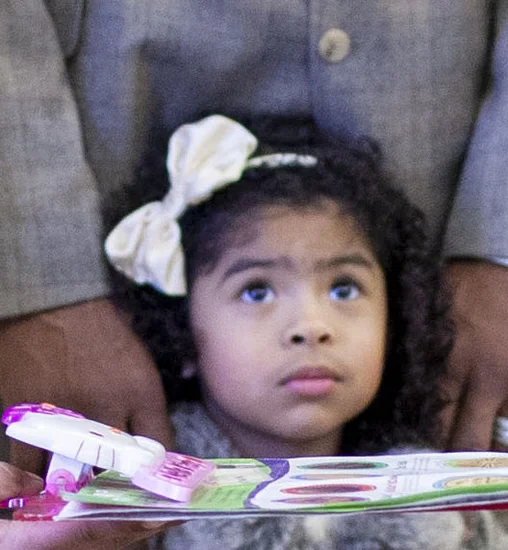
Gianna Bryant, daughter of basketball legend Kobe Bryant, died tragically in the same helicopter crash at age 13. Her promising basketball career and close relationship with her father made her death particularly heartbreaking.
Gianna’s passion for basketball and her father’s mentorship had made her a rising star in youth sports. Her death represented not only a personal tragedy but also the loss of tremendous potential.
1979 – Nelson Rockefeller Dies
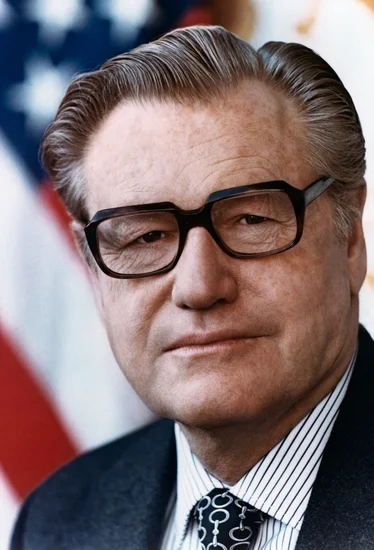
Nelson Rockefeller, American businessman and politician who served as the 41st Vice President of the United States, died at age 70. His death marked the end of a distinguished career in public service and business.
Rockefeller’s influence on American politics and philanthropy extended far beyond his government service. His contributions to the arts, education, and public policy left a lasting impact on American society.
1983 – Bear Bryant Dies
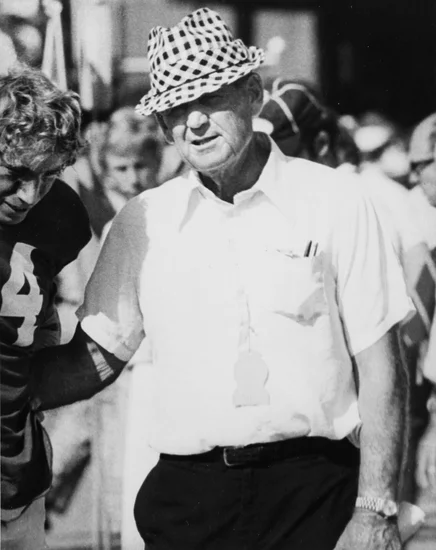
Legendary college football coach Bear Bryant died at age 69, ending one of the most successful coaching careers in sports history. His death marked the end of an era in college football.
Bryant’s coaching philosophy and success at the University of Alabama made him a legend in college sports. His influence on players and coaches continued long after his retirement from active coaching.
1992 – José Ferrer Dies
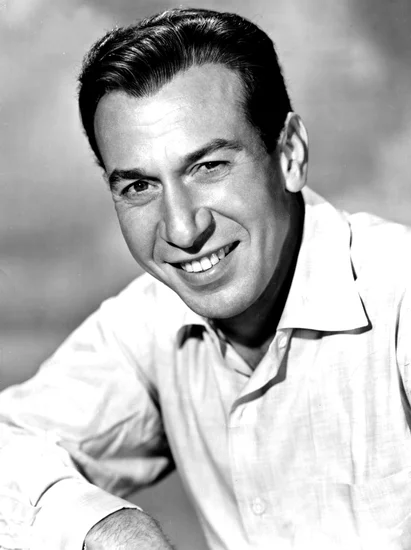
Puerto Rican-American actor José Ferrer died at age 80, ending a distinguished career in theater and film. His death marked the loss of one of the most versatile performers of his generation.
Ferrer’s groundbreaking performances opened doors for Hispanic actors in American entertainment. His talent and professionalism earned him respect throughout the entertainment industry.
1962 – Lucky Luciano Dies
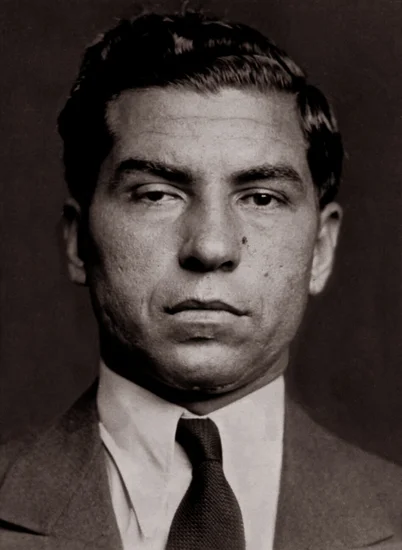
Italian-American organized crime boss Lucky Luciano died at age 64, ending the life of one of the most influential figures in American criminal history. His death marked the end of an era in organized crime.
Luciano’s organizational skills and business acumen had transformed American organized crime. His influence on criminal enterprises continued long after his death and deportation from the United States.
1973 – Edward G. Robinson Dies
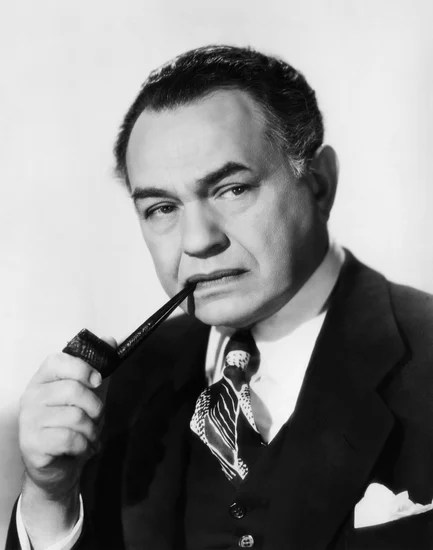
Romanian-American actor Edward G. Robinson died at age 79, ending a career that spanned decades of American cinema. His death marked the loss of one of Hollywood’s most distinctive character actors.
Robinson’s tough-guy persona and memorable performances made him a film icon. His ability to portray complex characters earned him critical acclaim and popular success throughout his career.
1990 – Lewis Mumford Dies
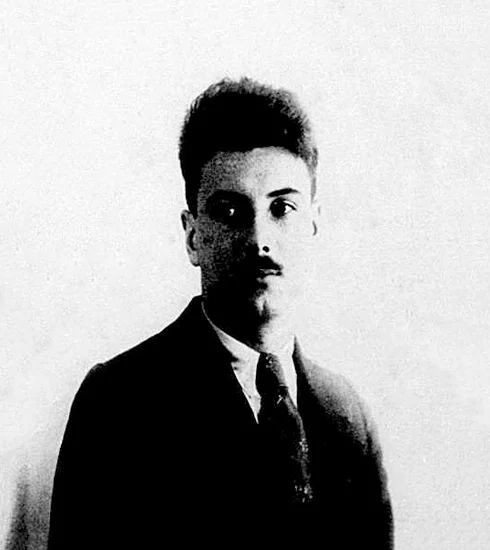
American sociologist and historian Lewis Mumford died at age 94, ending a prolific career in urban planning and social criticism. His death marked the loss of one of America’s most important public intellectuals.
Mumford’s writings on cities, technology, and human civilization influenced generations of planners and thinkers. His holistic approach to urban development and social organization continued to inspire scholars worldwide.
Holidays and Observances on January 26
Australia Day
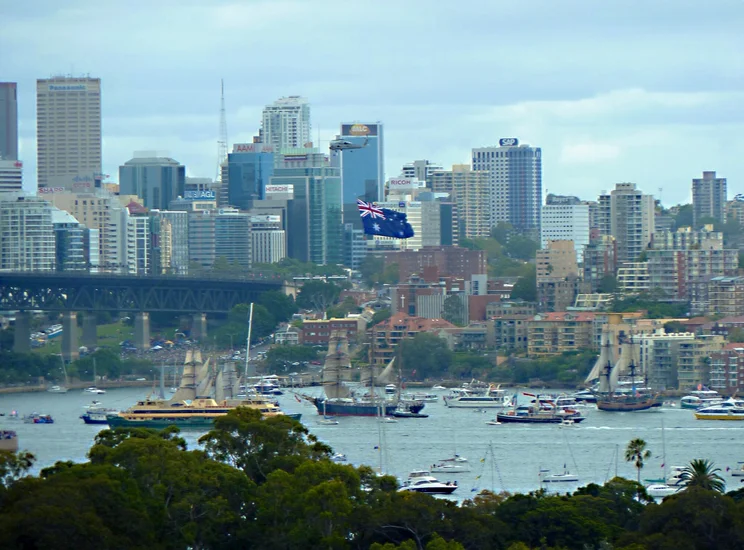
Australia Day is celebrated annually on January 26, commemorating the arrival of the First Fleet at Sydney Cove in 1788. This national holiday marks the beginning of European settlement in Australia and is celebrated with various festivities across the country.
The day features citizenship ceremonies, community events, and cultural celebrations that bring Australians together. However, the date also generates discussion about Australian history and the impact of colonization on Indigenous peoples.
Republic Day in India
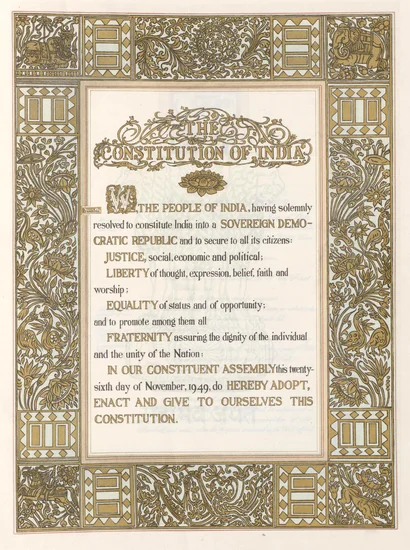
Republic Day is celebrated in India on January 26, marking the day when the Constitution of India came into effect in 1950. This national holiday celebrates India’s transformation from a dominion to a republic with its own constitution.
The day is marked by elaborate parades, patriotic celebrations, and cultural programs throughout the country. The main celebration takes place in New Delhi with a grand parade showcasing India’s cultural diversity and military strength.
Christian Feast Days
January 26 is observed as the feast day of several Christian saints, including Saint Paula of Rome, Saint Alberic of Cîteaux, and Blessed Gabriele Allegra. These religious observances honor the lives and contributions of these important Christian figures.
Christian communities worldwide commemorate these saints through special prayers, masses, and religious services. The feast days provide opportunities for reflection on the spiritual legacy of these religious leaders.
